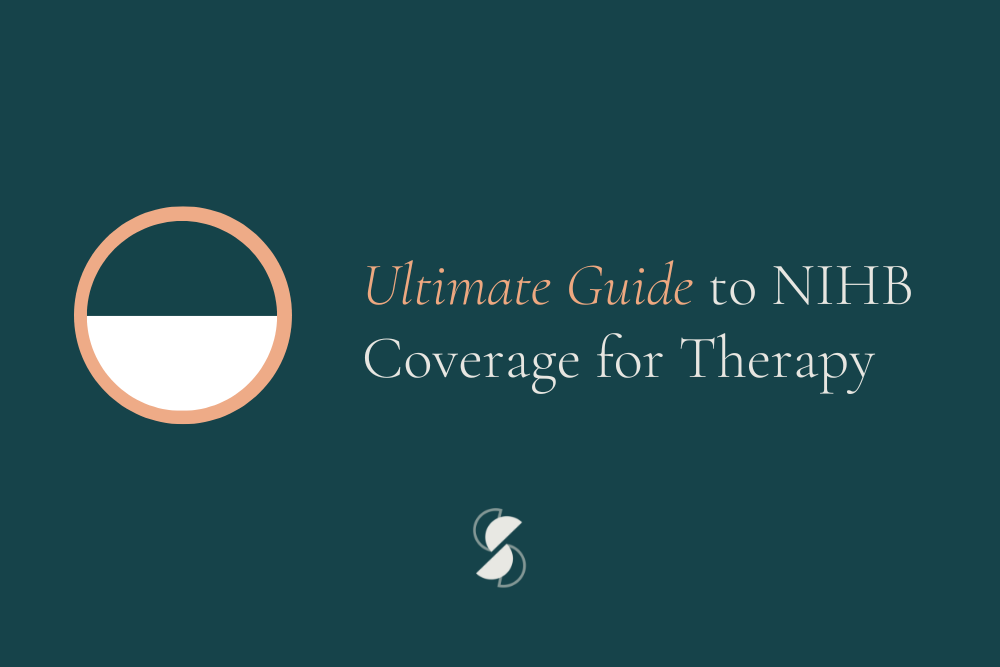What the Heck is Body Neutrality?

Develop a Healthier Relationship with Your Body Image
Things that impact our body image
Body image is somewhat taboo, even in a society that claims we are embracing women’s bodies and constructing ourselves in more diverse ways, women’s bodies in particular are often objectified, dismissed, scrutinized and held to impossible beauty standards. Be thin, but not too thin (you look sick), have curves (but don’t be overweight), wear makeup (but not caked on), and the list goes on and on. Accepting our bodies or even feeling comfortable in them, can be an overwhelming, isolating and often daunting task.
Other factors to consider as to why we may struggle with an eating disorder and body image is not any less personal but less within our control, genetics. Did you know that sometimes our genetics impact what disorders and diseases we may be predisposed to? Through no fault of your own, you may be more likely to experience an eating disorder in your lifetime based on your genetics.
In addition to genetics, it’s also likely that those who are diagnosed with eating disorders or who struggle with their body image are more likely to be a highly sensitive person or HSP. Have you ever heard someone say “you’re so sensitive” or “you’re so emotional” well, it may be true. You may feel things more deeply than others and I am here to tell you there is nothing wrong with that. I myself, am an empath. What this means is that we simply feel things more deeply than others do. I believe that empaths are a gift, and we have the superpower to feel all the feels.
What is body neutrality?
Have you ever been told to just love yourself and love the body you have? Wouldn’t life just be so simple if we could flip a switch and love our bodies just as they are? This seems like an unrealistic and unachievable statement for someone with an eating disorder or body image issues. This is why body neutrality makes things feel more realistic to our emotions and feelings about our bodies.
Body neutrality means we are more accepting of our bodies when we focus on our bodies as a function. This means we bring more realistic acceptance and gratitude towards our bodies, rather than having the overwhelming thought of loving every part of us that we may not feel ready to accept. Body neutrality focuses on the body as a function, which means instead of focusing all of our attention on our physical appearance, the goal here is to be mindful of our body's abilities and non-physical attributes.
5 ways to stay body neutral
- Establish boundaries
- Take space
- Think of your body as an instrument
- Be kind to yourself
- Remember you are not alone
By establishing boundaries we set ourselves up for success by setting the stage for our mind and body ahead of time to avoid triggers and any intrusive thoughts about our bodies and food. Creating boundaries can help us establish healthy relationships with ourselves and those around us.
Taking space is like a deep breath for our lungs that our minds have been asking for. By removing ourselves from situations that are creating un-due stress we are allowing our brains to catch a breath and for a moment we can regain control over our thoughts, which will help us connect back to our intuition and make better food choices.
Body as an instrument means that we remind our brain of all the beautiful things that our bodies have done for us and continue to allow us to do. Here, we take a moment of gratitude for the goodness our bodies give us that does not focus on our physical features.
Being kind to yourself - as simple as being gentle with a baby! Swaddle yourself in that self-love, compassion and healing energy. Ouuu and ahhh at how simply wonderful you are for existing!
Remember you are not alone. There are people in your network, lean on them for support. We are humans, we need connection and people. Establishing a friend, family member, or colleague who can support you and be in your circle is essential to your well-being. And remember, Shift has some fantastic therapists specializing in eating disorders and body image, and we are here to help!
Please note: If you or someone you know requires immediate medical attention please visit your nearest hospital or contact a crisis line for support. Eating disorders are life-threatening and very serious medical conditions. For us to work together in therapy, we must ensure that your safety and well-being are being monitored by a physician.
This article was written by Rachel Costa during their time at Shift Collab.











.gif)







![Why You Need to Unfollow [@YourEx]](https://cdn.prod.website-files.com/625ec823c07cd8de32e1bae2/65c54e80b98a7d97ee026776_20240206T0910-707e5b7e-9802-42a3-8070-ba67b8dc33fd.jpeg)






![Summer Lovin' [not] Havin' a Blast](https://cdn.prod.website-files.com/625ec823c07cd8de32e1bae2/65c54e4341e7246ed4b3cbff_20240206T0910-fd1563e4-34d1-49e6-af59-9b95c717196a.jpeg)














































































